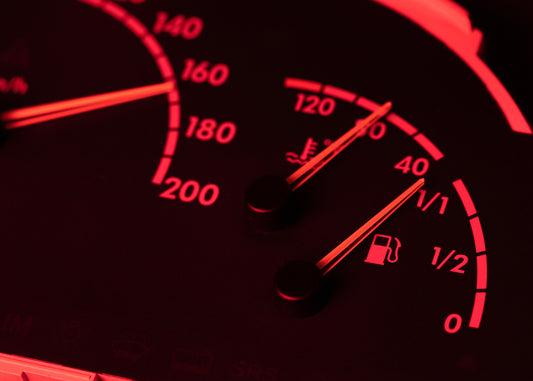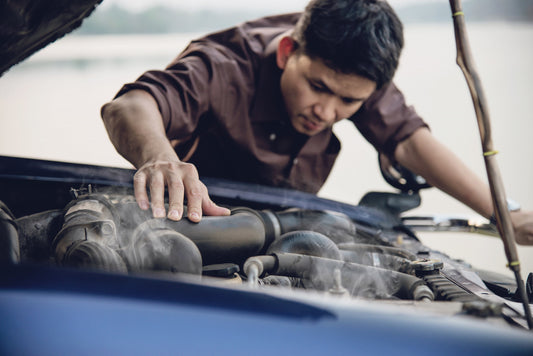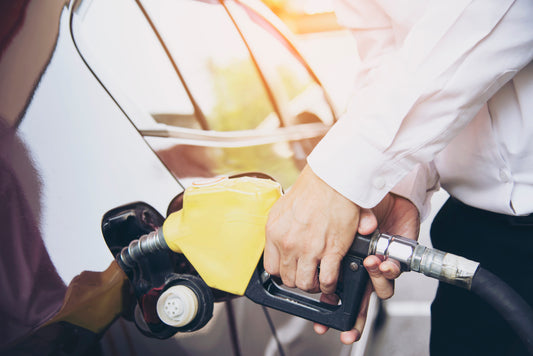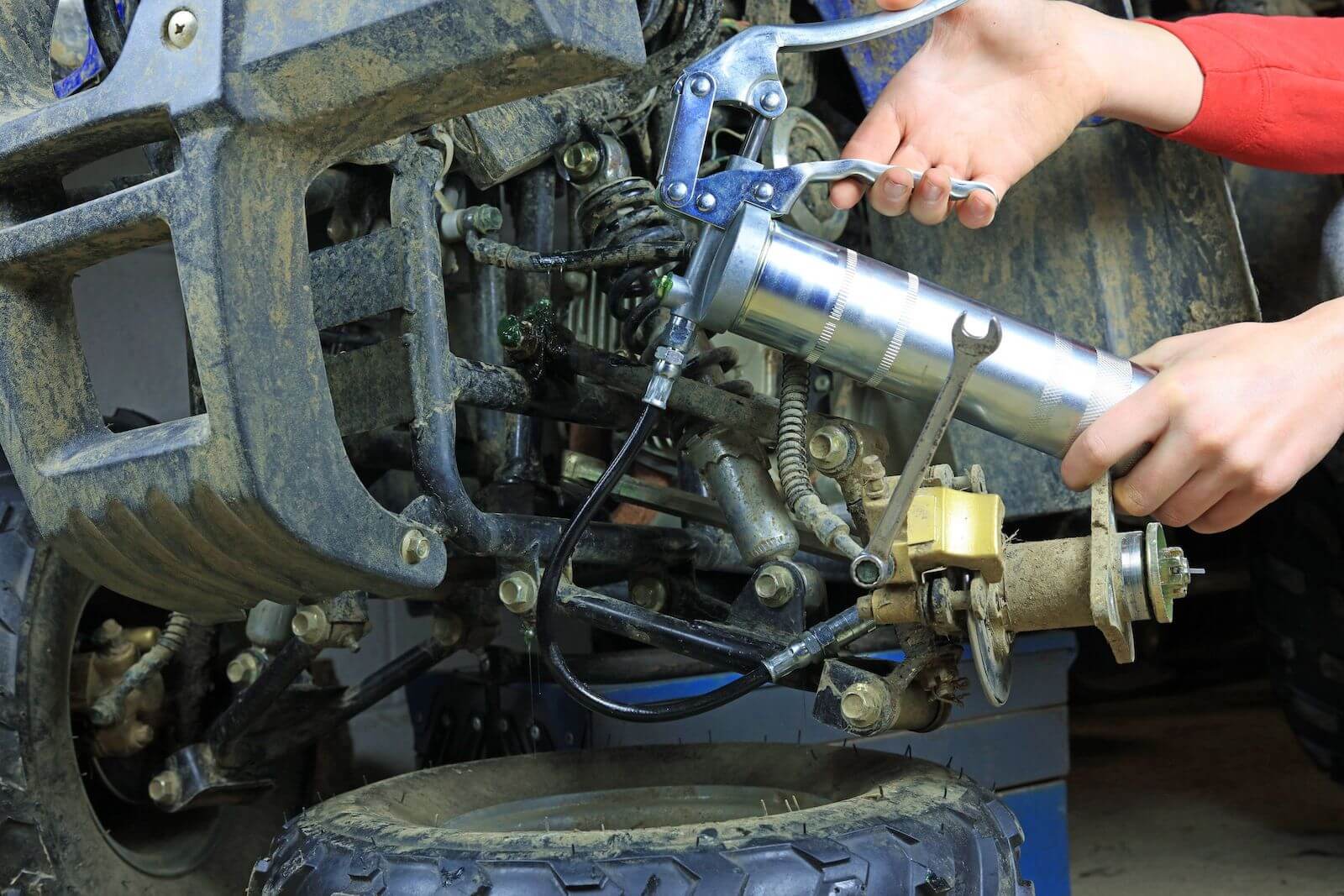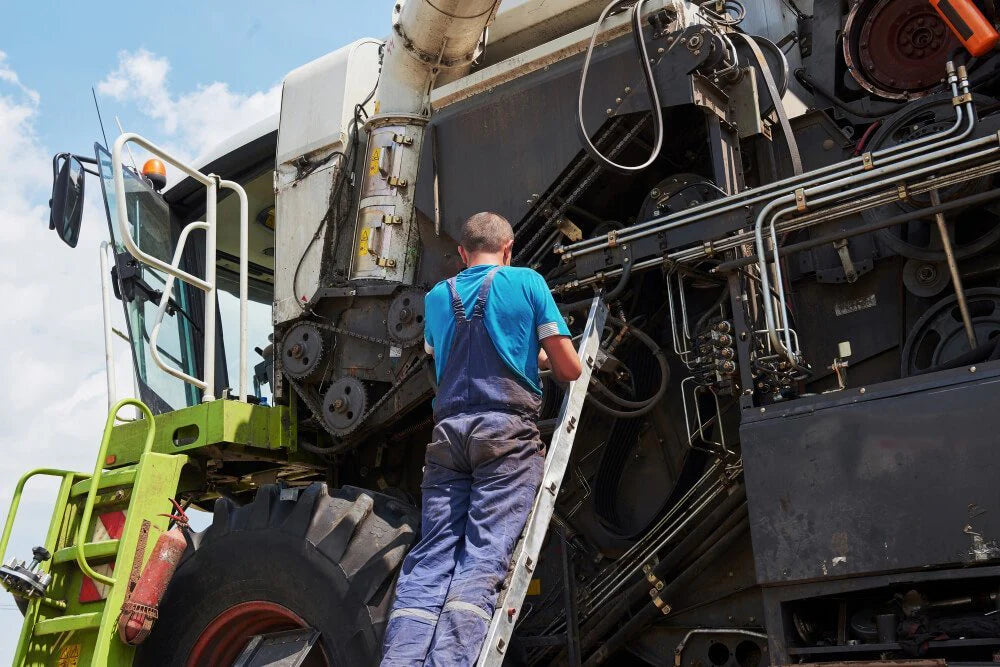The term “Green Energy” is quickly becoming a phrase you hear every day. Whether it is the topic of a news story, the headline in a political ad, or the marketing highlight of a new product the term “Green Energy” is everywhere.
“Green Energy” can refer to renewable energies that keep your lights on or biofuels that keep your car running and while you may not think so, it affects you directly. In fact, anyone who drives a car is using green energy. That’s not a typo, I said ANYONE who drives a car is using green energy.
Now, you’re probably thinking- “Wait, my car isn’t electric, how is it green energy?” Well, let’s tackle that, but first a disclaimer. *Whatever your personal feelings are on green energy doesn’t matter to us and this article is not persuasive one way or another. Our only motivation is to make sure you have the information you need to know! Ok, let’s get to your car and how it’s green (even if it’s blue).
All vehicles in the USA are designed to run on biofuels, doesn’t matter gas or diesel ALL vehicles run on a blend of biofuel, and this is “green energy”. Why? Biofuels are made from renewable sources such as agricultural byproducts.

Now, you may be thinking “I only fill up my car with gas”, but all gasoline sold across the USA has been a blend of gasoline and ethanol (green fuel) since 2010! So, it doesn’t matter if you fill up with E85, 87 octane, or 93 octane all gasoline has a blend of at least 10% ethanol throughout the summer. So, you may not have noticed, but your car is running on a biofuel blend and creating fewer emissions!
Is Ethanol Blended Gas Better than Straight Gasoline?
Whether or not ethanol-blended gasoline is better than straight gasoline is the subject of a debate we are going to weigh in on, however, let’s look at the facts
- Ethanol creates much lower emission levels than gasoline. Ethanol-gasoline blends produce less carbon dioxide and the same or lower levels of hydrocarbons and oxides of nitrogen or nitric oxides.
- Ethanol is made from US-grown corn and creates highly usable byproducts such as distillers’ grains and gluten and gluten-free meals.
- Ethanol contains less potential energy than gasoline. About 1 gallon of gasoline produces the same energy as 1.5 gallons of ethanol
- Ethanol can be harder to store than gasoline because it attracts moisture.
- Ethanol can remove some lubricity from gasoline in blends.
These are facts and the reality is that most experts agree the best of both worlds is achieved by ethanol-gasoline blends, not just straight gasoline or straight ethanol.
Fun Fact: Ethanol has been used as fuel for vehicles dating back to the early 1900s!

Now that you know your vehicle uses ethanol-blended fuel, what can be done to limit any adverse effects from the ethanol? As we mentioned ethanol can attract water and you do not want water in your fuel. Moisture in fuel will greatly reduce efficiency and can harm engine components and greatly shorten the lifespan of your vehicle. Therefore, it is important to use a water dispersant additive in your fuel. These types of additives remove water and stop the water from causing damage.
Our suggestion is to use a multi-function water dispersant like AirTec Octane FS1 which disperses water, increases lubricity, and increases octane levels! In short, you get maximum performance from ethanol-blended gasoline without the downsides of water, decreased lubricity, and decreased stability.
WHY IT MATTERS:
It’s important to be proactive with ethanol-blended fuels because they do require a little extra care, but many experts agree that lower emissions are well worth it.
What About my Diesel Vehicle, Does it use Green Energy?
Maybe you drive a diesel car, truck, or big rig and while it doesn’t use an ethanol blend it does use a biodiesel blend to make it a “green” fuel. Biodiesel is made from virgin or recycled plant oils such as soybean oil, corn oil, canola oil, and or used vegetable oil and is a much cleaner source of energy than traditional diesel fuel.

So, let’s check out the facts about biodiesel just like we did with ethanol.
- Biodiesel creates lower emissions of carbon monoxide, particulate matter, soot (unburned hydrocarbons), and sulfates than traditional diesel fuel.
- Biodiesel reduces the emission of carcinogenic carbons by 85% when compared with traditional diesel fuel.
- Plant-based biodiesel has a much higher gelling temperature than diesel fuel
- Diesel fuel has a high energy output and more efficient energy output than biodiesel
- Biodiesel has much higher lubricity than diesel fuel, especially ultra-low sulfur diesel fuel
- Biodiesel is much more environmentally friendly. In case of spills, biodiesel is easier to clean up and has a lower environmental impact.
- Biodiesel has a much higher rate of oxidation than diesel fuel so it can degrade quicker
Again, blends of biodiesel and diesel fuel have the most support from experts as the benefits are achieved with limited downside. However, as with the case of ethanol certain precautions should be taken to stop or prevent the negatives of biodiesel from ever creating a problem.
We recommend using a multi-function diesel/biodiesel additive that can stabilize the biodiesel and stop it from oxidizing. For the best results, we recommend using AirTec Cetane CS1 as it stabilizes the biofuel, prevents bacteria and algae growth in biodiesel and diesel fuel, and increases the cetane rating.
In addition, for those who live in cooler climates, it is strongly recommended to use a diesel fuel anti-gel that is rated for diesel fuel and biodiesel blends. One of the best antigel products is AirTec Frostline -40 as it drops the gelling point of biodiesel/diesel blends by as much as 40 degrees! That means the gelling point is below -30 degrees Fahrenheit!
In Conclusion!
Fuels are evolving and you must remember to evolve with them. Gasoline/ethanol blends and diesel/biodiesel blends are at every fuel station in America, so you must take the appropriate steps to protect your engine and car from any downside of emission-reducing fuels.
Personally, I can hear my grandpa saying, “I never added anything to my car and it ran fine for 30 years!”. Yes, well in those 30 years the fuel never changed, and biofuels weren’t being used across the country. Now they are, so a little extra precaution must be exercised, and the result is great—A cleaner running car and the same classic performance and reliability.


